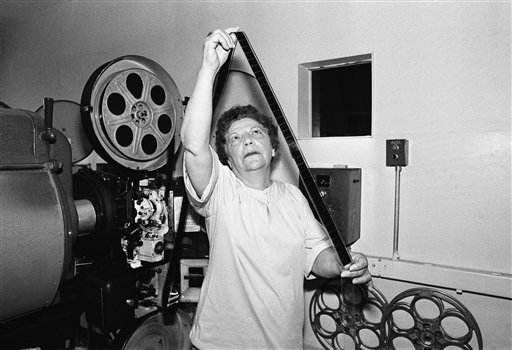During the 1930s through the 1960s, local and state censorship laws generally required film exhibitors to apply for licenses before showing their motion pictures, raising the question of whether this practice constituted unconstitutional prior restraint. In Times Film Corp. v. City of Chicago, 365 U.S. 43 (1961), the Supreme Court ruled that this provision of Chicago’s ordinance did not violate the First and Fourteenth Amendments. The question of whether the movie was obscene was not at issue.
Film Corp. challenged a law requiring licensing of films
The Times Film Corporation, based in New York City, refused to provide a copy of “Don Juan” to Chicago’s authorities in a direct challenge to the license requirement. The Times Film Corp. contended in federal court that the Chicago law requiring prior submission of films for review violated the First Amendment. Both a federal district court and a federal appeals court rejected the challenge and upheld the Chicago ordinance. The company then appealed to the Supreme Court.
Court upheld licensing law
The majority of the Supreme Court also turned aside Times Film Corporation’s challenge. It conceded that motion pictures fell under the protections of the First Amendment but argued these protections, as with other forms of free speech, were not absolute. In the majority’s view, the corporation claimed that “public exhibition of motion pictures must be allowed under any circumstances” with the sole remedy being resort to the state’s criminal process.
Writing for the Court, Justice Tom C. Clark said, “Petitioner claims that the nature of the film is irrelevant, and that even if this film contain[ed] the basest type of pornography, or incitement to riot, or forceful overthrow of orderly government, it may nonetheless be shown without prior submission for examination.”
Dissenters thought law was censorship
The dissenters, led by Chief Justice Earl Warren, countered that the majority’s decision constituted nothing less than “approval of unlimited censorship” of motion pictures and created the “real danger of eventual censorship of every form of communication.” After a critique of the majority’s interpretations of leading cases, the dissenters emphasized the absence of procedural safeguards in Chicago’s censorship regime.
This article was originally published in 2009. Roy B. Flemming is a Professor Emeritus in the Department of Political Science at Texas A&M University.

